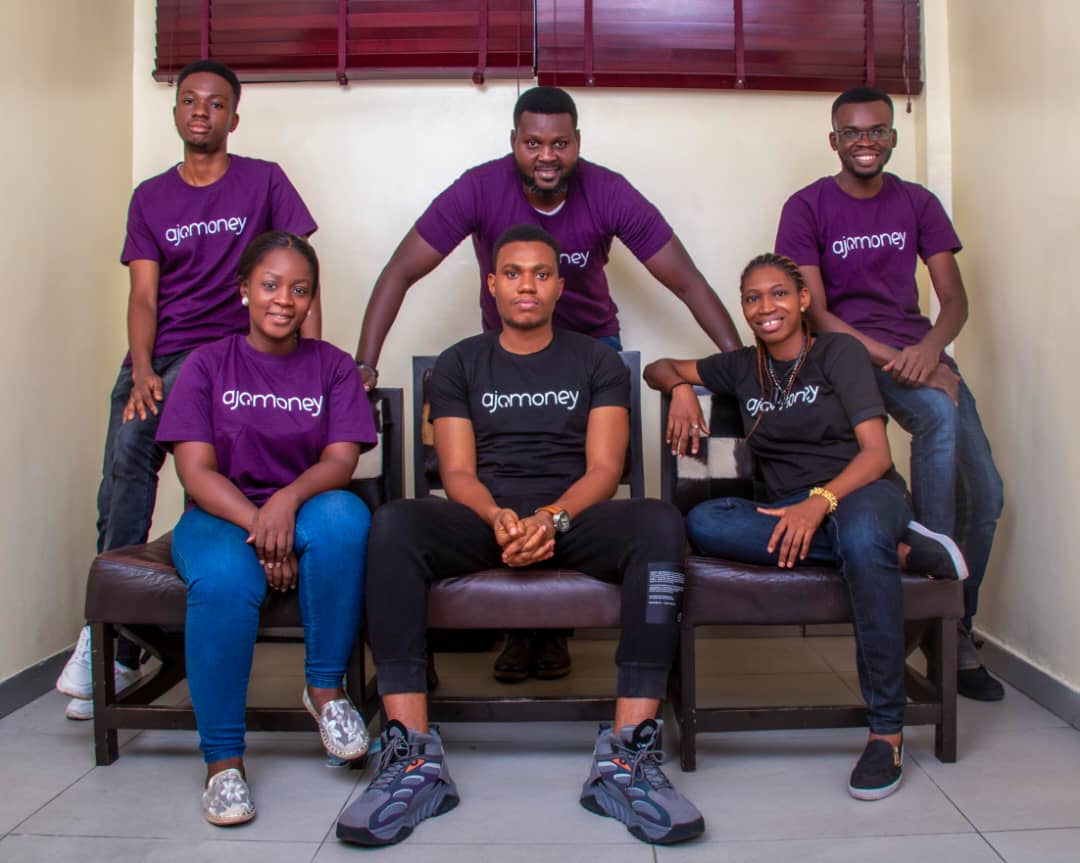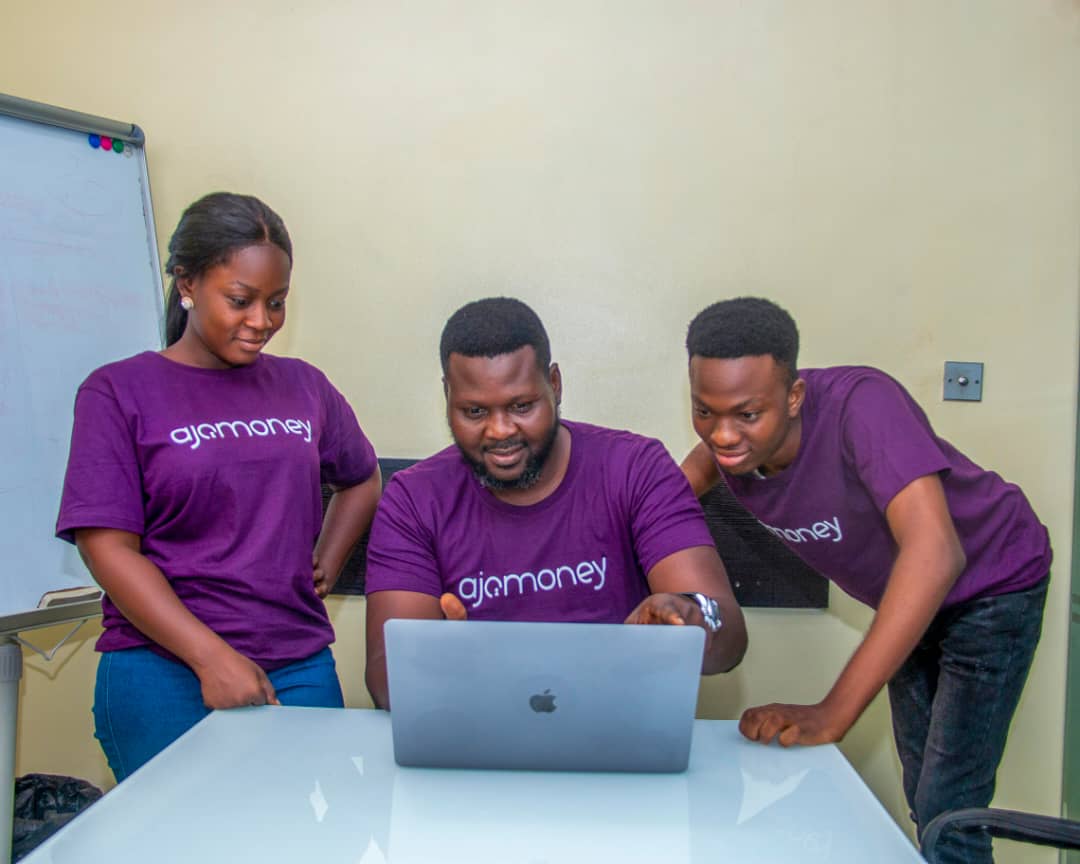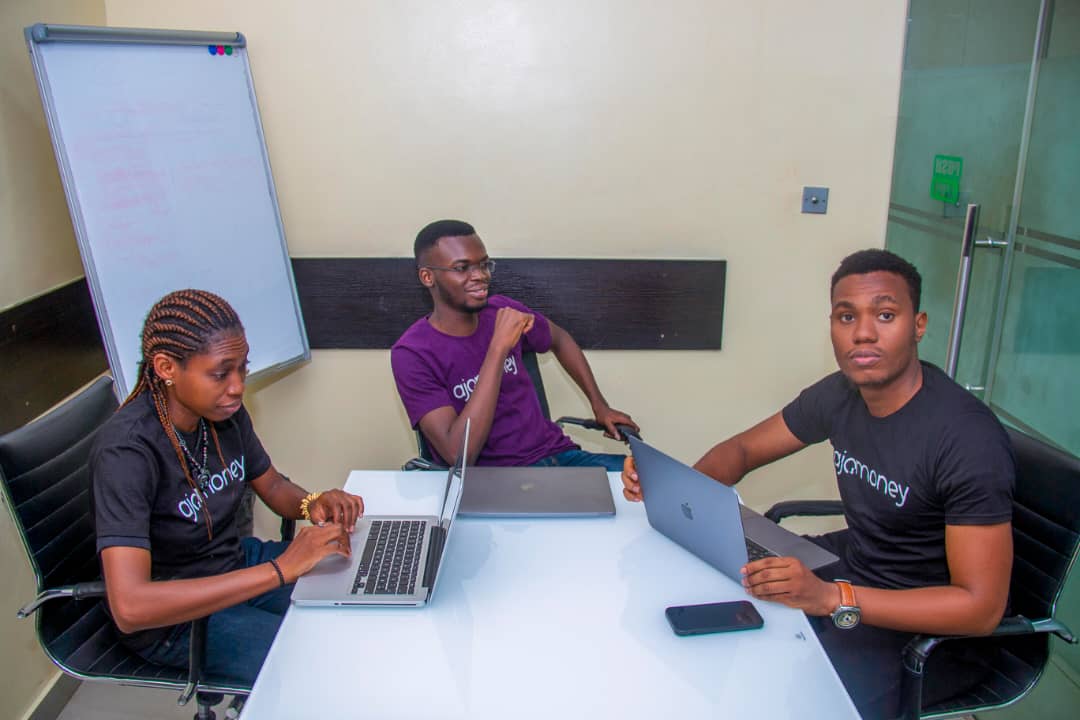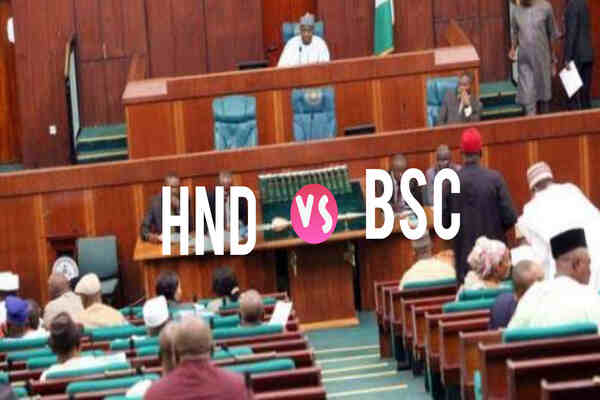The Council of Legal Education and the Nigerian law school released their law school candidates posting on the late hours of Tuesday, 23rd of November, 2021 for the 2021/2022 batch and thousands of candidates were posted to the northern campuses of Bagauda, Kano and Adamawa, Yola.
The National Youth Service corps too resumed their orientation camp for the Batch C stream II on Wednesday, 24th of November, 2021 and as you already know, thousands prospective Corp members (PCMS) were deployed to core Northern orientation camps that are infamous for their insecurity issues and other high security threat zones.
Why will Council of Legal Education and National youth service corps keep posting young and innocent candidates to the core north despite the high insecurity bedeviling that zone at the moment. Not everyone can afford a flight ticket therefore some candidates will have no choice than to take the risk of traveling by road and definitely ply through the all dreaded and ever dangerous Abuja -Kaduna way which is just that individual signing his/her death warrant and placing his/her life in the cold hands of kidnappers, bandits, unknown gun men, Boko haram or Iswap.
Kidnapping and killing is now of every day occurrence on that road. On Sunday, 21st November, 2021, a highly placed politician, a former Zamfara state governorship aspirant was slaughtered and his blood splashed across the highway on that road with numerous others, while those that were not killed immediately were abducted and led into the bush before the security personnel could intervene, only God knows their fate now. Just yesterday, Tuesday, the 23rd of November, 2021, there was gun duel between the security forces and the criminals on that same Abuja-Kaduna high way, many people were killed while others were abducted. The video of this incident have been circulating around the social media.
Will the council of legal education and officials of the Nigerian law school pretend that they are not aware of all these or feign ignorance of the security risks associated with the northern part of the country at this moment and continue posting students to northern campuses of Kano and Yola; for them to go and sacrifice their lives on their quest of achieving their dreams of becoming a lawyer or what’s the intention?
Why will the NYSC too keep posting innocent youths to security threat areas of the country at the moment just because they are eager to go and serve their motherland and contribute their quota for the peace, unity and development of the country after there have been every day report of how corps members are kidnapped, butchered and maimed by perpetrators of evil. I’m sure that signing up to serve your motherland is not signing up to go and die neither did a law school candidate offend the gods of death for nurturing the dream of becoming a lawyer and shouldn’t be made to pay with his/her dear life to achieve that dream.
I can bet my soul that no official of the NYSC will dare post or allow his or her ward to be posted to those Security threat areas same also that no member of the council of legal education or staff of the Nigerian law school will allow his or her ward to get posted to any northern campus at the moment despite how patriotic that fellow claims to be. So those thrown to those unsafe places are those folks who have no ‘Oga or Madam at the top’ to help them alter the course. Not knowing any ‘Oga or Madam at the top’ in Nigerian means your days are numbered as you can always be used as a sacrificial lamb in lieu of your honorable service to your country or in lieu of your quest of fulfilling your dream of becoming a lawyer.
A dead man cannot serve his country neither can a dead man become a lawyer or fulfill that dream and yes it’s better you stay safe and stay alive than getting yourself slaughtered like a Christmas chicken by perpetrators of evil who drink human blood and use human borne to light fire and keep themselves warm.
Solution?
The solution to this is simple, stop posting PCMs and candidates to security threat areas for service or for continuation of education till their security is guaranteed, till the security of those areas are fixed since you can’t in every sense of reason post your ward to those areas, remember that those candidates you posted there are people’s wards too, people’s children, people’s mother and father.










